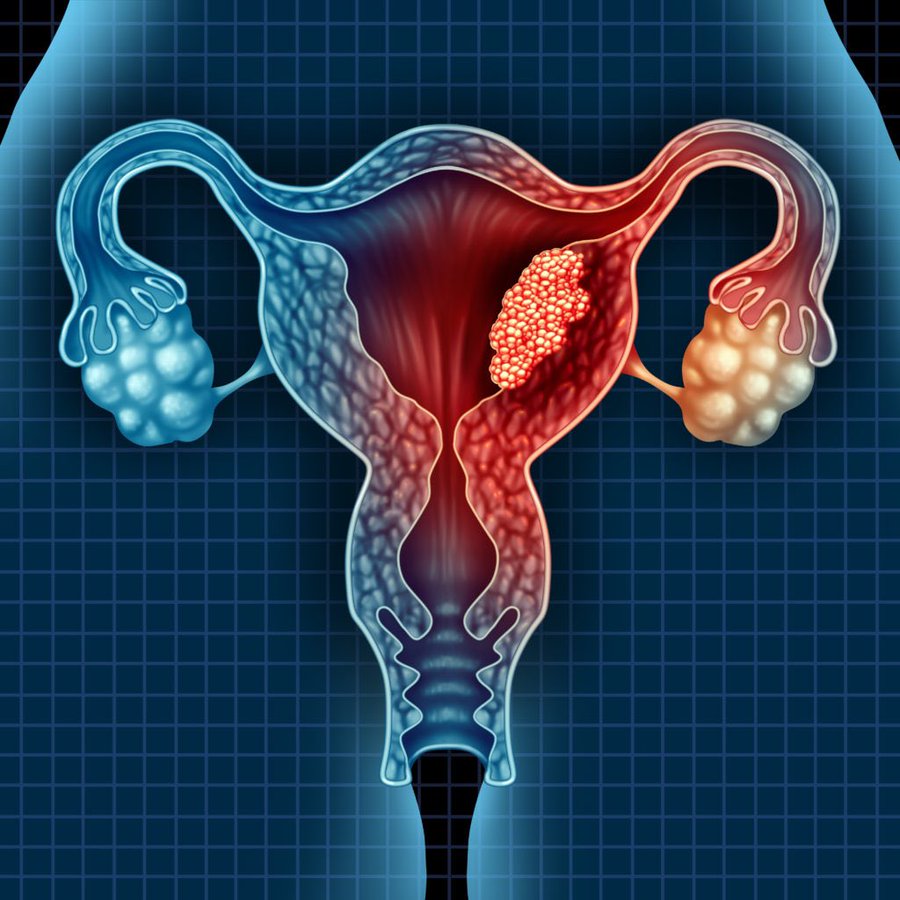Shahrin Ahmed, Medical Specialist at the Canadian Cancer Society, shared a post on X:
“It is imperative to recognize five gynaecological symptoms –
Womb, ovarian, cervical, vulvar, and vaginal cancers are all forms of gynaecological cancer, yet awareness levels are exceptionally low. Early diagnosis and treatment can be achieved by spotting the initial signs and symptoms.
1. Abnormal bleeding/discharge
It is important to investigate any abnormal bleeding. The possibility of cervical or uterine cancer could arise from bleeding between periods, intercourses, or post-menopausal bleeding. Other gynaecological cancers can have the same effect.
2. Lumps, bumps or ulcers
The appearance of vulval cancers can be easily discerned by lumps, bumps, or ulcers without any search. During daily activities such as walking and sitting, you may experience an unusual sensation when going to the bathroom. It’s time to have your lump examined if it’s persistent and won’t go away.
3. Persistent itching
The itching down below may indicate thrush, but not with the accompanying symptoms could indicate pre-cancerous signs of vulval cancer. Tenderness of the vulva, pain, or a burning sensation are all possible symptoms.
4. Abdominal bloating/distention
During our cycle, we all experience periods of feeling bloated. The ovarian cancer can cause constant bloating or a larger tummy. These symptoms are described by some women as being unable to fit into their jeans or trousers, but they haven’t observed any weight gain or weight loss, in fact there may be weight loss.
5. New onset of abdominal pain
Despite the fact that most women may be accustomed to a little stomach pain. If you have been diagnosed with ovarian cancer and are experiencing new abdominal pain after 45, it’s important to seek medical attention. Initiated infections or other gynecological issues like endometriosis are less likely to cause abdominal pain before the age of 45. It’s possible that a doctor may also be required.
If you notice any of the warning signs mentioned earlier. It’s crucial not to panic as there’s a chance that they’re caused by something far less serious. Seeing a doctor is the only way to be certain.
Regular smear tests should be a requirement for all women. Women between the ages of 25 and 49 receive these twice a year, and those between the ages of 50 and 64 receive them twice a year. Abnormal cells are identified by smear tests before they turn into cancerous cells. If abnormalities are treated, the risk of cervical cancer development is greatly reduced.
Cervical cancer risk is reduced by nearly 90% by vaccination against human papillomavirus. This will result in a major increase in the rate of cervical, vaginal, and vulval cancer, as well as throat cancer. HPV vaccination is believed by some women to only be taken before becoming sexually active. However, evidence shows that there remains a substantial benefit until the age of 45.”
Source: Shahrin Ahmed/X



